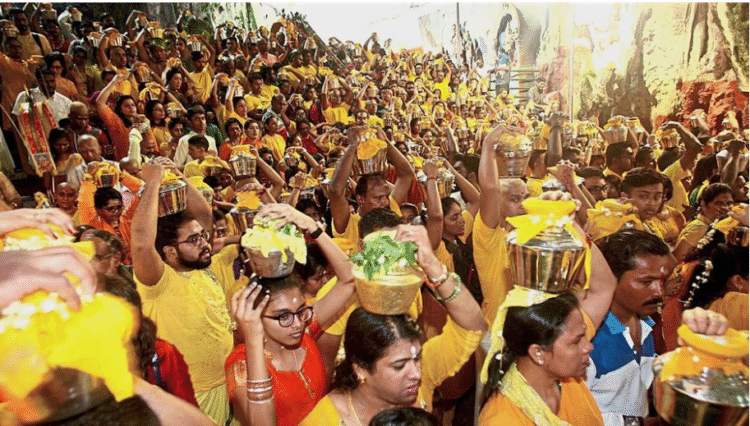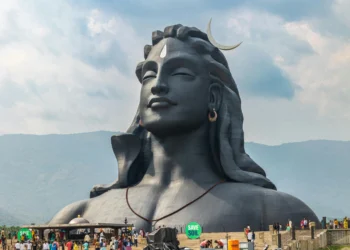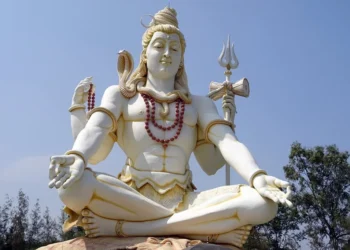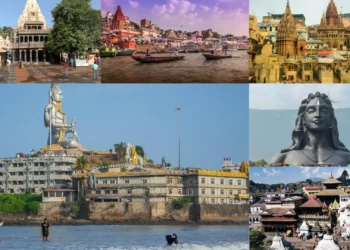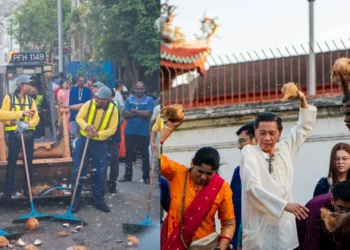With the outbreak of the novel coronavirus (2019-nCoV) that has claimed hundreds of lives in China and infected 14 people in Malaysia (two Malaysians and 12 Chinese nationals), people are wondering if Thaipusam is safe to partake in.
Last year alone, the Sri Subramaniar Swamy Temple in Batu Caves, one of the three main temples in Malaysia where the festival is celebrated in all its glory, saw 1.6 million people in attendance over three days.
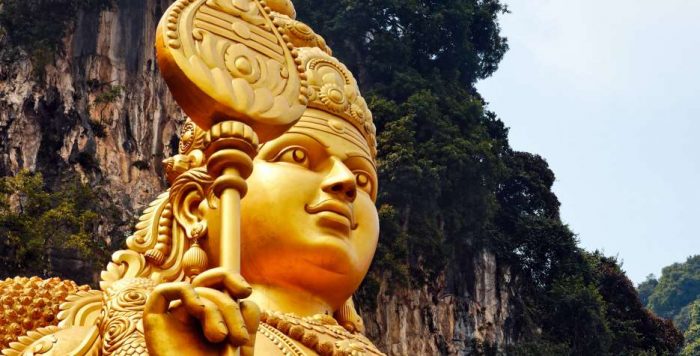
Malaysian Health Minister Dr Dzulkefly Ahmad has urged those unwell to refrain from celebrating Thaipusam outdoors. “The Health Ministry advises those who are not healthy not to go, but if they insist on going they need to take precautions like wearing masks,” he said.
He also urged devotees and visitors who plan to head to Batu Caves to take preventive measures by regularly washing their hands with soap and water, or with hand sanitiser.
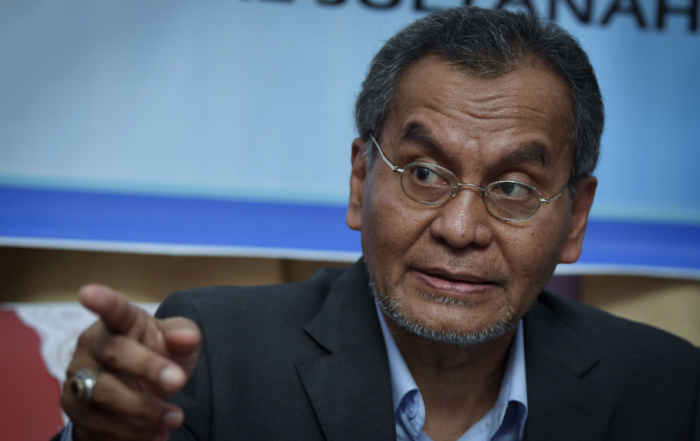
According to Dr Dzulkefly, the Selayang Hospital has been designated as the virus’ medical operations centre for the Thaipusam in Kuala Lumpur celebrations this weekend. It is the closest public hospital to the temple.
Minister in the Prime Minister’s Department Senator P Waytha Moorthy concurs with the health minister. He advised those attending the festival to take extra precautions such as ensuring personal hygiene and going for checks at medical facilities if necessary. Parents are also advised to think twice before bringing young children to the crowded temple premises.
Should I wear a face mask?
While face mask makers are now going into overdrive thanks to the increasing orders for their products, experts say that regular surgical masks do little to stop the spread of the coronavirus.
According to America’s Centers for Disease Control and Prevention (CDC), the best precautions are the standard, everyday ways to avoid all germs. This includes washing your hands frequently, not to touching your face and avoid close contact with sick people.
The CDC has, however, directed healthcare providers to give surgical masks to any patients that present flu-like symptoms or have recently traveled to Wuhan.
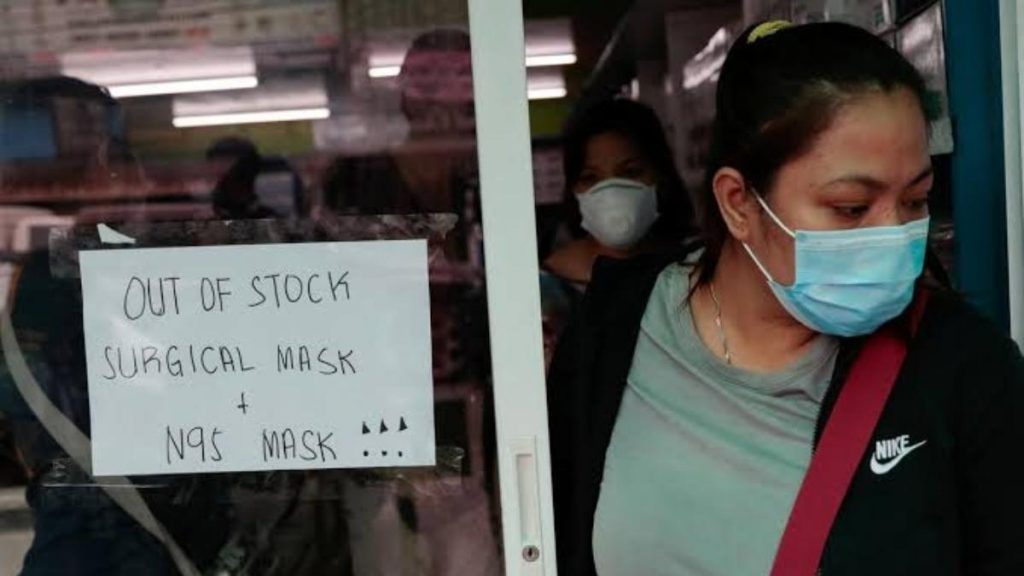
While most people are using (and rushing out to buy) surgical masks, they are not effective in protecting an uninfected person from the virus, according to the CDC. These masks are designed to keep large particle droplets and splatter from passing from a person’s mouth to nearby surfaces or people.
N95 respirator masks, on the other hand, filter out most airborne particles from the surrounding air, preventing wearers from breathing in particles down to 0.3 microns in diameter. These types of masks are often used when air quality is poor, such as during the haze. However, the coronavirus measures 0.12 microns in diameter.
Those wearing masks also do not do so properly. Wearers often move the masks to the side to touch their faces throughout the day, breaking the barrier that the mask is supposed to create. This renders the protection ineffective.
PSA to those who are unwell
If you are down with a cough, cold and fever, please stay home and watch the Thaipusam festivities live here. If you insist on paying obeisance to Lord Muruga at the crowded temples over the next three days, please wear a surgical mask, avoid touching any surfaces and wash your hands frequently.
The spread of the virus by touch doesn’t seem to be spoken about enough. We touch so many surfaces on a daily basis without us even realising before touching our face. Carry a bottle of hand sanitiser and some soap to ease handwashing, to reduce your risk of contracting the virus.
Follow us on Instagram, Facebook or Telegram for more updates and breaking news.


